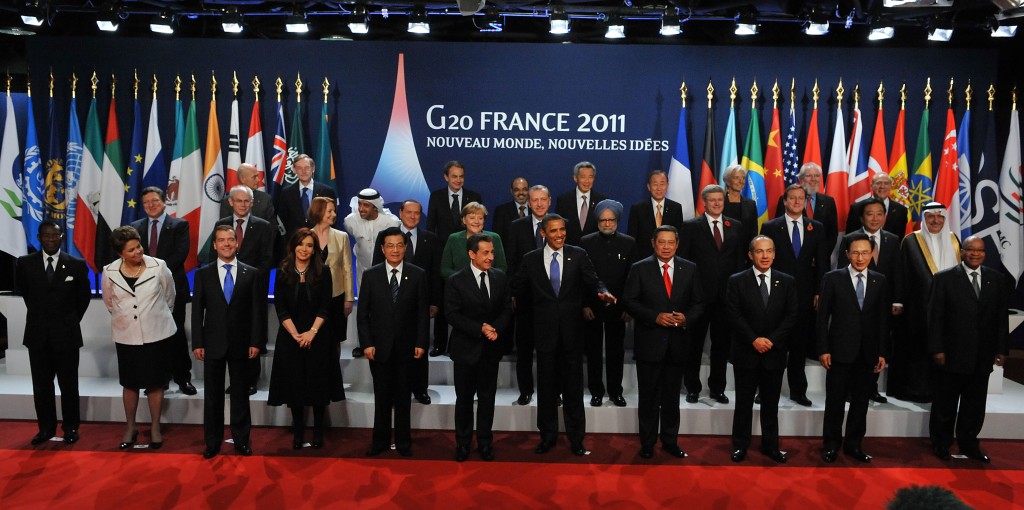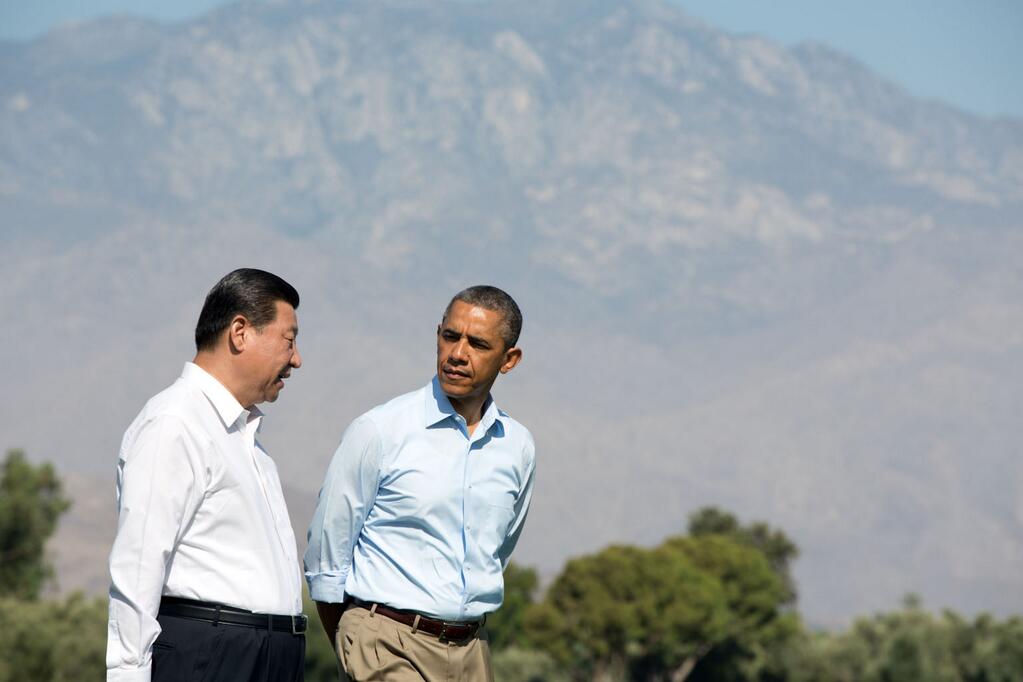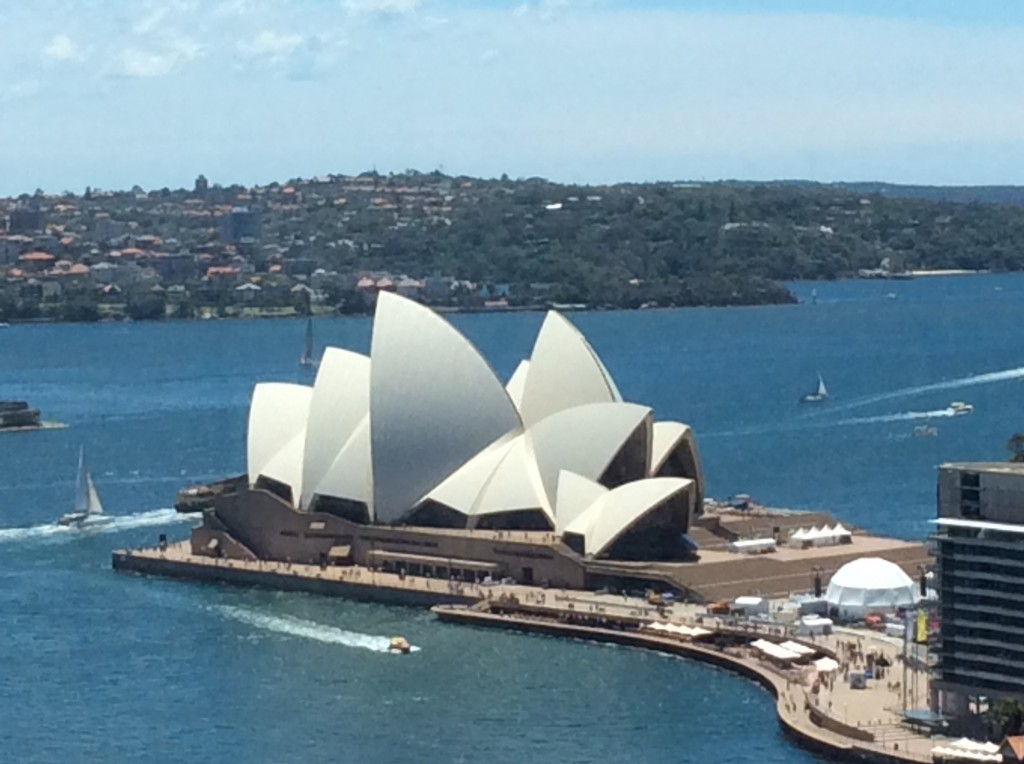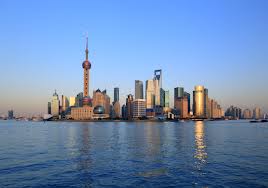A noticeable difference in tenor. That is the first thing that struck me about this Dialogue meeting just recently concluded in Beijing. The tenor of this Harvard-CASS Think Tank Dialogue on “Towards a New Model of Major-Country Relations between China and the United States” differed significantly from the Harvard-Beida Conference of January 2013. The earlier Harvard-Beida Conference was filled with defensiveness and harsh questioning by our Chinese colleagues over the ‘American pivot’. Chinese experts made repeated references to US efforts to contain China. The suspicions over US policy and its intentions in Asia – especially US efforts to contain China – were largely absent from this meeting – apparently the 9th in the series. Instead, in this meeting there were numerous references to the 35th anniversary of US-China relations.
Author Archives: Alan Alexandroff
‘Good Enough Global Governance’ Maybe – But is It Really Such a Global Muddle?
 So my colleague and friend Stewart Patrick, the Director of the International Institutions and Global Governance Program at the Council on Foreign Relations has given us a full picture of the contemporary global governance system recently in Foreign Affairs.
So my colleague and friend Stewart Patrick, the Director of the International Institutions and Global Governance Program at the Council on Foreign Relations has given us a full picture of the contemporary global governance system recently in Foreign Affairs.
But say it ain’t so Stewart. The bottom line for him is an unruly and largely unorganized global governance architecture delivering only partially what is needed:
The future will see not the renovation or the construction of a glistening new international architecture but rather the continued spread of an unattractive but adaptable multilateral sprawl that delivers a partial measure of international cooperation through a welter of informal arrangements and piecemeal approaches.
And Then There was a New Host – Australia
Quietly, maybe a touch too quietly, Australia assumed the hosting duties of the G20 on December 1, 2014. As one of the first initiatives under Australia’s presidency, the program director of the G20 Studies Centre at Australia’s Lowy Institute, Mike Callaghan convened a Think20 session in Sydney. So as in Russia, and before that in Mexico, representatives from G20 think tanks and G20-focused academic centers gathered in the mercifully warm and sunny city of Sydney.
From Shanghai to Pretoria – From Where You Stand: Part II
Shanghai was the first conference stop; but it wasn’t the last. For the first time the partners – the Munk School of Global Affairs and the Stanley Foundation – held a conference in Pretoria partnering with our friends at the Department of Political Science at the University of Pretoria. We were very fortunate to welcome friends from most of the key countries – Brazil, India, China and obviously South Africa. Unfortunately, our colleague from Russia was ultimately unable to make it.
From Shanghai to Pretoria – From Where You Stand
Well I must say, I have a fair bit of catching up to do. Much in the way of travel and international legal action, but not much action on the blog front. Well that is at an end.
And we are approaching as well, if you hadn’t noticed, a milestone event in international relations – the 100th anniversary of the commencement of the “War to End All Wars” – the First World War. If you haven’t noticed, there has been a notable uptick in the number of books on the approach to war and the initiation of World War 1 – August 4, 1914. So I shall be delving into various of these books and articles on this crucial twentieth century event.
Growth in The Middle: Arriving on the Scene – MIKTA
So forget the BRICS, or even IBSA. The newest grouping is MIKTA. MIKTA stands for Mexico, Indonesia, Korea, Turkey and Australia. All these countries are members of the G20. It would seem that the group met at the margins of the UN General Assembly opening.
Tiptoeing to Freer Markets – China and the Shanghai Pilot Free Trade Zone
I apologize to all those who regularly read these posts. They have, unfortunately, failed to be regular recently.
But I have been out there in the wide world – first in Russia at the St. Petersburg Summit and all last week in China. I shall report more on both these trips in the near future.
I did want to report, however, on an interesting experiment now underway – at least as of Sunday September 29th – China’s Shanghai pilot free trade zone (FTA).The FTA, it appears, is the cutting edge of the new leadership’s effort to bring more market and less regulation to China’s economy. The FTA is 29 square kilometres in the north eastern section of Shanghai – stringing together areas of docks, hangars and warehouses in the Pudong district.
Comments on the G20 at the St. Petersburg G20 Summit
And here are some thoughts on the St. Petersburg Summit from David Shorr, Program Officer, for the Stanley Foundation
David …
At The G20 St. Petersburg Summit
For the last several days I have been in St. Petersburg Russia to attend the G20 Leaders Summit. A number of colleagues have joined me here at the media center at the Summit. I thought before the release of the Communique and related documents that I would hold a series of interviews with colleagues to get their take on the Summit.
First a conversation with Yves Tiberghien a Senior Fellow at the Global Summitry Project at the Munk School of Global Affairs and the Director of the Institute of Asian Research at the University of British Columbia.
Yves …
The Stars Appear to Not Be Aligned – The G20 Summit in St. Petersburg
So putting the last items in the bag for the trip to St. Petersburg. This one looks like trouble. Five years in to G20 Leaders Summits and St. Petersburg would appear to have all the characteristics of a major distraction. This would not be the first. I certainly remember how the Greek Euro crisis drove France’s G20 Agenda at Cannes right off the cliff. It would appear that Syria – and the use of military force in retaliation for the use of chemical weapons – could be even more of an agenda killer.





